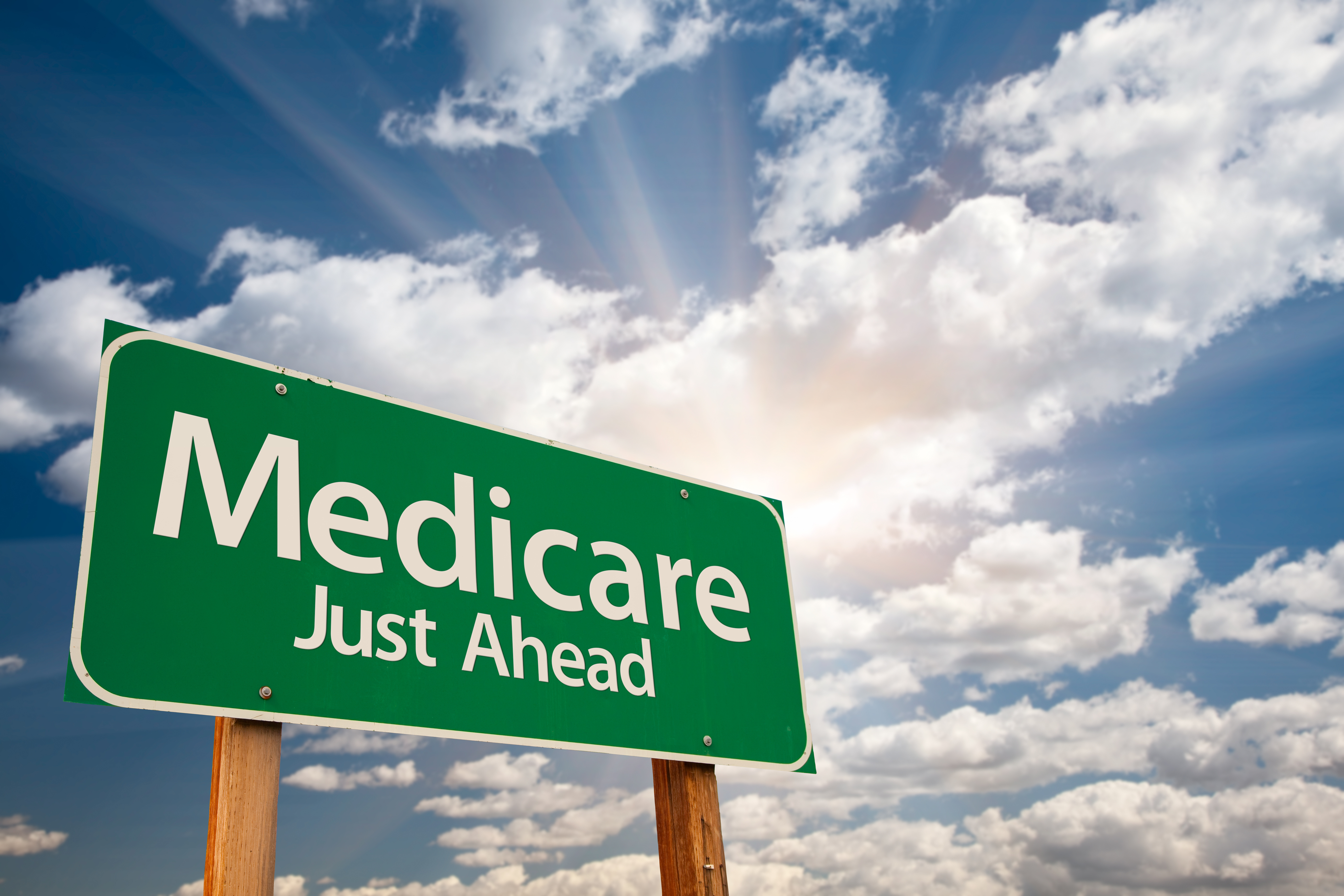Thinking about a loved one’s outstanding debt is the last thing on anyone’s mind when a family member passes away. Unfortunately, many people find themselves dealing with creditors and figuring out how to pay their loved one’s debts as they grieve. To avoid this situation, it makes good financial sense to consider these matters ahead of time.
“What’s yours is mine and what’s mine is yours” is a typical mantra of married couples. But when it comes to debt, that saying can be scary. Fortunately, the general rule is that spouses are not responsible for each other’s debts (in the legal sense, of course). Therefore, when agreeing to assume a liability, the borrower’s spouse can usually rest assured he or she will not be held responsible if the borrower is unable to meet his or her obligations.
Congratulations are in order! You planned, saved money for education expenses, and now your child is off to college. But as you settle into your “empty nest,” you might be wondering, now what? It’s time to figure out how to adapt to your child’s new independence while keeping your family on a steady course financially.
How much can you and your employees contribute to your 401(k)s next year — or other retirement plans? In Notice 2022-55, the IRS recently announced cost-of-living adjustments that apply to the dollar limitations for pensions, as well as other qualified retirement plans for 2023. The amounts increased more than they have in recent years due to inflation.
For many families, financial aid programs help make higher education attainable. The first step in applying for aid is to complete the Free Application for Federal Student Aid (FAFSA). It is used to determine the student’s eligibility for federal aid programs, such as grants, work-study options, and loans. Schools also use the FAFSA to assess whether additional aid is available from the applicant’s state of residence and from the school itself.
If you’re changing jobs, you probably have a lot on your mind. As you wrap up work with your previous employer and prepare for your new role, it can be easy to let important benefits-related decisions fall by the wayside. If that happens, you could miss a limited opportunity to sign up for new benefits or miss out on making wise changes to your plans. To stay on track financially during a career transition, be sure to review the status of your retirement accounts and other valuable employee benefits.











